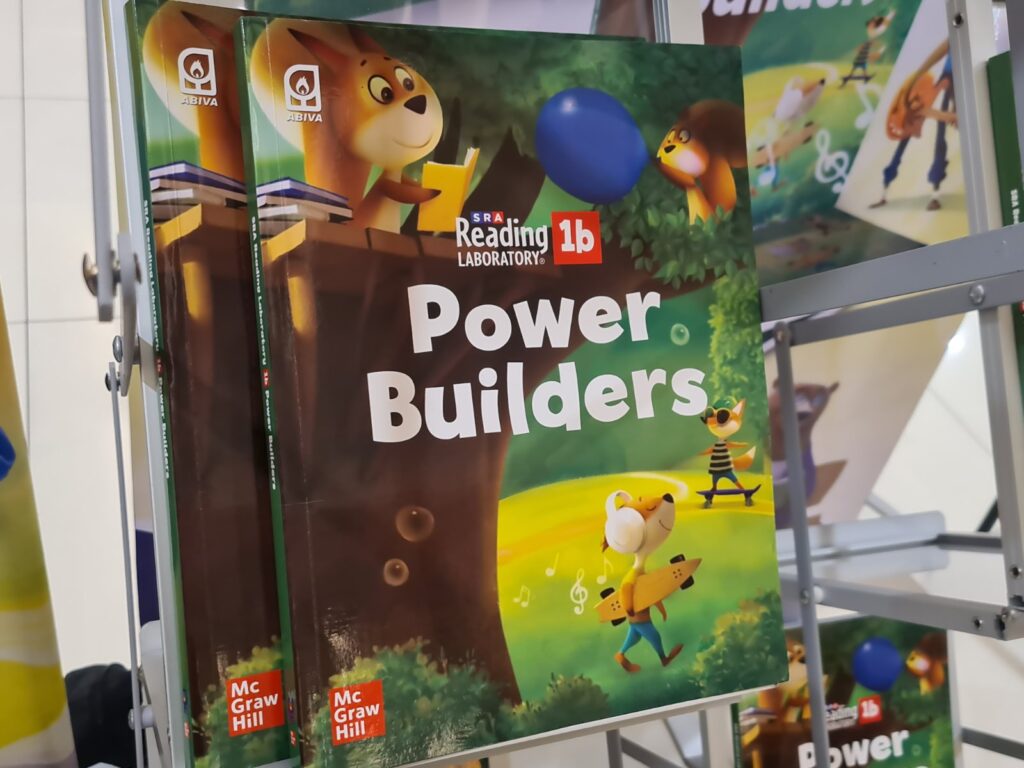The results of the latest Program for International Student Assessment (PISA), which showed the Philippines ranked 77th out of 81 countries globally, are staggering yet expected. In recent years, the country has faced challenges in achieving satisfactory scores in reading.
The 2022 PISA student assessment conducted by OECD showed that the country is 6th among the worst countries in reading, 6th in mathematics, and 3rd in science. It also showed that on average 15-year-old learners scored 347 in reading compared to an average of 476 points in OECD countries.

In the same year, a World Bank study revealed that 91 percent of children in the Philippines at late primary age are not proficient in reading. More than half of young learners in low and middle-income families cannot read and understand a simple story by the end of primary school.
Reading Association president Dr. Rosalyn Mirasol also revealed a phenomenon called the Fourth Grade Slump.
“After the third grade, literacy instruction starts to transition to comprehension of texts and critical thinking, while other subject areas also start to incorporate an increasing amount of print learning materials. It becomes assumed that students will be able to successfully decode age-appropriate written texts while understanding them,” Mirasol notes. “If by the fourth-grade students are not able to read with fluency and automaticity, they spend excessive amounts of energy trying to figure out words, which is cognitively exhausting and diminishes confidence.”
The way forward, Mirasol states, is to create a literacy-rich environment to cultivate the reading culture, with a triangulation of Home, School, and Community.
Recognizing the importance of developing reading skills, Abiva Publishing House introduced the SRA Reading Laboratory in the Philippines in 1965. A proven K to 12 level reading program for more than 60 years, SRA has been shown to help improve the reading and independent learning skills of more than 100 million students in 63 countries.
SRA is hoped to play a vital role in enhancing reading proficiency among Filipino students and contributing to the overall improvement of education standards in the Philippines.
“SRA helps students develop a healthy reading habit, building small steps over a period of time, with different learning tracks to address the cognitive ability of each student, and providing them with a sense of achievement to build their confidence in their learning journey. It also supports teachers with tools for differentiated instruction to support the students’ reading development,” states Christine Hwang, senior literacy curriculum consultant at McGraw Hill Education-Asia, global publisher of SRA.
To give students more opportunities to practice reading and improve fluency, and to help address the prevalent learning gap among Filipino students, Abiva Publishing House is launching two new versions of the SRA Reading Laboratory alongside the traditional kits: the web-based digital version and the book version which is the first in the world.
The traditional SRA Reading Laboratory kits contain Power Builder Cards in different color levels and the Answer Key Cards. Scores are recorded and filled out to track the students’ progress charts.
The SRA Reading Laboratory Online may be accessed through www.readinglab.app where students may log in, take a placement test, read Power Builders and complete post-reading exercises. Students listen to stories, record themselves and practice fluency. For each completed Power Builder, students earn points. They receive instant feedback and an automated progress chart.
The 2024 Power Builders, on the other hand, is a six-book version that combines leveled stories and exercises in each book. Included are a Starter Booklet to determine starting color, the Power Builder book, and the Answer Key Booklet. Students read Power Builders at their current level, answer all the skills exercises, record their scores and track their improvement in their own progress charts.
With the aim to promote literacy and ignite a passion for reading, Abiva launched the SRA Reading Laboratory Online and Power Builders in key cities across the country — Quezon City last 14 March, Cebu City on 16 March, and Davao and Cagayan de Oro on 22 and 23 March, respectively.
